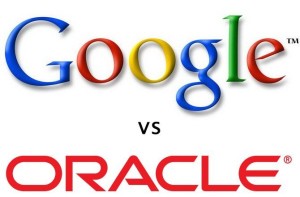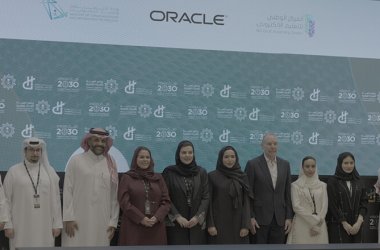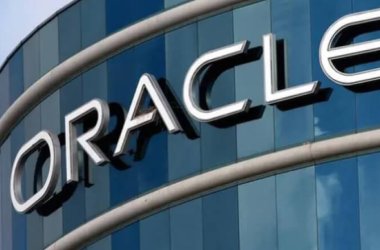 Oracle’s copyright case against Google’s Android OS appeared to gain new life this week after a federal appeals court judge poked holes in Google’s defence.
Oracle’s copyright case against Google’s Android OS appeared to gain new life this week after a federal appeals court judge poked holes in Google’s defence.
A U.S. District Court judge in California ruled last year that Oracle’s Java APIs can’t be covered by copyright law because they are a functional requirement for writing compatible applications, not creative works.
The appeals court this week seemed to take issue with Judge William Alsup’s ruling.
“It seems to me that almost all computer code has to have a functional purpose… otherwise, what’s the purpose?” said Judge S. Jay Plager at the hearing, a recording of which was made public late Wednesday. “You don’t write computer code because it has some pretty, expressive phrasing. You write it because it has a function.”
Oracle sued Google in 2010, claiming that Google’s Android OS infringed patents and copyrights for Java that Oracle acquired when it bought Sun Microsystems.
Google wanted to attract Java developers to its Android OS, so it took “the most important, the most memorable, the most appealing pieces of Java” and incorporated them into Android, Oracle attorney Josh Rosenkranz during the hearing Wednesday at the U.S. Court of Appeals for the Federal Circuit in Washington, D.C.
Some observers believe the outcome of the case could have a big impact on the software industry. Although Alsup specified his ruling wasn’t meant to apply to all APIs, the decision has been praised by observers who say a decision in Oracle’s favour would set a bad precedent by inhibiting innovation in the software industry. In June, more than 30 computer scientists signed an amicus brief arguing that point.
The case has divided the industry though, with software vendors such as Microsoft and EMC filing briefs in support of Oracle. Software vendors can’t create new products if their work isn’t protected, they argued.
The appeals court should reverse the lower court’s decision on copyright as well as address “whether fair use [of the APIs] can be decided as a matter of law,” Rosenkranz said. Oracle has suffered “extraordinary” economic harm due to Android’s success and “the use simply cannot be fair.”
In the original case, the jury deadlocked on the question of fair use before Alsup’s subsequent ruling on copyright.
A discussion of the differences between APIs and other types of code led to a back-and-forth between Google attorney Robert Van Nest and Judge Kathleen O’Malley.
Under the law, “the thing that runs the programme, rather than the programme itself, or the tool that accesses the program, rather than the program itself, that is not copyrightable,” Van Nest said.
That means a finding that APIs can’t be copyrighted would apply to other vendors too, such as Apple and Microsoft, O’Malley said. “This would apply to every possible computer programme out there,” he said.
“Yes but only the command structure, what you need to access the functions,” Van Nest replied. For Android, Google “rewrote all the implementing code,” he added. “Fifteen million lines of it, is original, and we’re not claiming here that that’s not copyrightable.”
It’s not clear when the appeals court will issue a ruling. Depending on what they decide, the case could head to a retrial. It’s also possible that Oracle and Google will reach a settlement.





